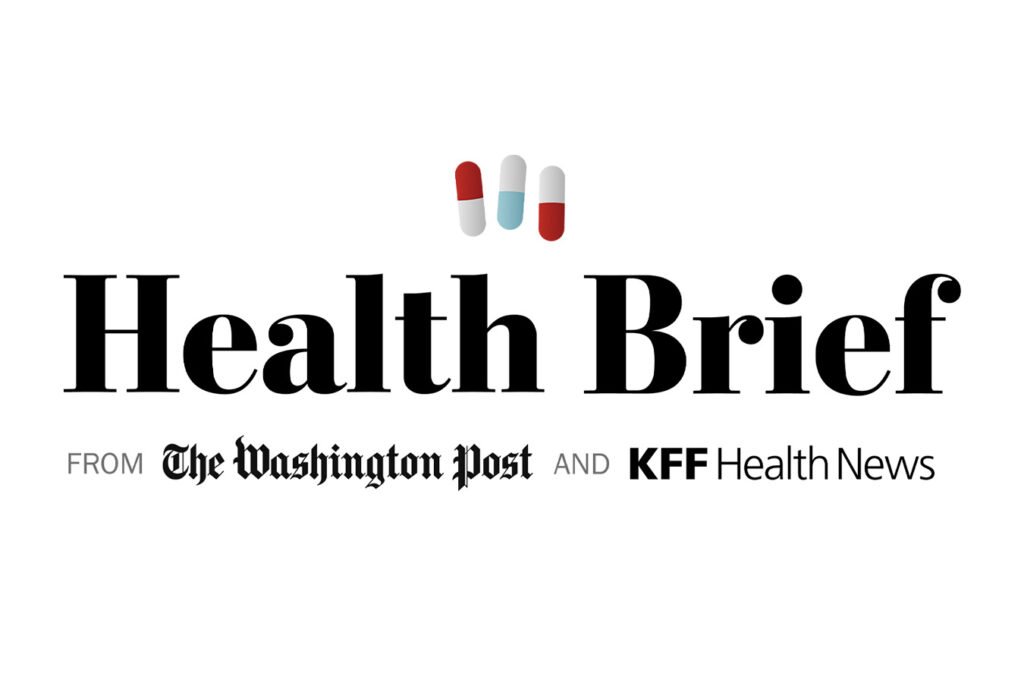The Affordable Care Act (ACA) open enrollment season is currently underway, marking the first major test of new federal regulations aimed at preventing fraud. These rules are designed to prevent unauthorized enrollments or plan switches by unscrupulous agents and entities seeking to profit from enrollment commissions. So far this year, there have been over 274,000 consumer complaints related to such fraudulent activities.
However, some health insurance experts are concerned that these new regulations could slow down the enrollment process and result in fewer individuals signing up for coverage in 2025. The ACA open enrollment period began on November 1st in most states and will continue until January 15th.
Sabrina Corlette, co-director of the Center on Health Insurance Reforms at Georgetown University, acknowledges the challenge that regulators face in balancing fraud prevention with ensuring a smooth enrollment process for consumers. The Centers for Medicare and Medicaid Services (CMS) have implemented stricter requirements for certain policy adjustments, including mandating three-way calls between agents, consumers, and healthcare.gov for non-affiliated agents.
In August, CMS took action against two online enrollment platforms and suspended 850 agents suspected of fraudulent activities. While these measures have helped reduce consumer complaints, they have also inadvertently caused delays in the enrollment process. Ronnell Nolan, president and CEO of Health Agents for America, advises consumers to start the enrollment process early to avoid potential delays.
Despite CMS’s efforts to combat fraud, reports indicate that fraudsters are finding ways to bypass the new protections. CMS has increased support operations at healthcare.gov call centers to accommodate the demand for three-way calls and ensure minimal wait times for consumers.
Unauthorized plan switches can have serious consequences for consumers, including higher deductibles, limited provider networks, and potential tax issues. These incidents have become a political concern for the Biden administration, with Democrats calling for more oversight of rogue agents and Republicans pointing to administration policies that may have fueled fraud.
As Congress decides the fate of enhanced subsidies set to expire in 2025, the issue of ACA fraud remains a critical issue for policymakers and consumers alike. Despite the challenges posed by fraudulent activities, CMS is working to ensure a smooth enrollment process for all individuals seeking coverage under the Affordable Care Act.


